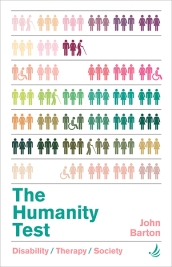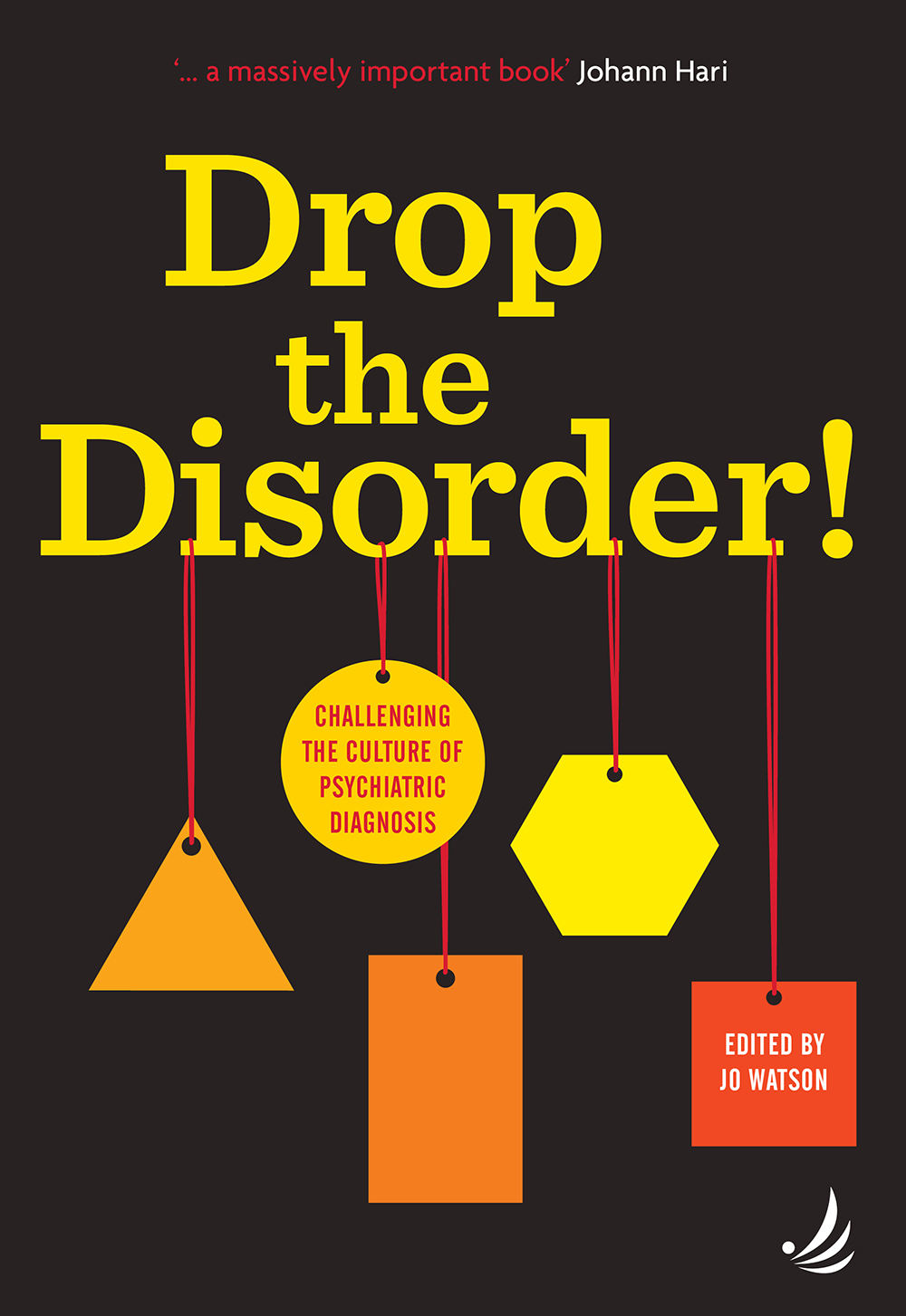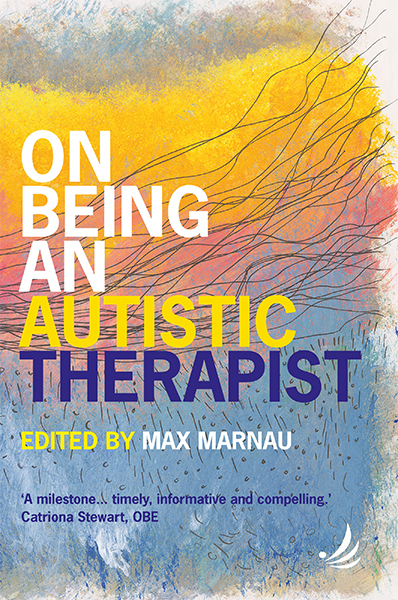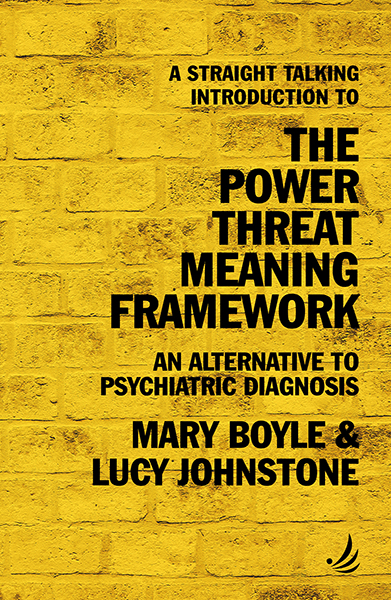Out Now
The lives of teenagers and young adults today are increasingly complex; in an ever-changing political, social, ethical and technological landscape, they are having to hold the multiple demands of the education system, finding work and building a career in an increasingly competitive environment, navigating social pressures, maintaining an online presence, negotiating complex family dynamics, and much more - all alongside the quest to establish their own identity as they move into adulthood.
A Practical Guide for Working Therapeutically with Teenagers and Young Adults is exactly that: a comprehensive and engaging guide that seeks to inform and support professionals working therapeutically with this age group. As an experienced counsellor, Gifford knows of what she writes: she has worked extensively in this field, in a range of therapeutic roles. She draws on that experience to offer practical advice, techniques and tools that will enhance therapeutic interactions and promote the positive relationships that can foster the personal growth, resilience and wellbeing of teenagers and young adults. The many case study examples bring to life and enrich the reader's understanding and provide valuable insights from the author's firsthand experience.
Written simply and succinctly, in short chapters and without use of complicated jargon, this book is designed to reach out to readers from a range of professional disciplines, backgrounds and levels of qualification and experience. Its main message is one of encouragement to professionals to stay open to continually learning from their young clients themselves in order to develop and enrich their therapeutic practice.
'This delightful book offers a comprehensive and accessible overview of therapeutic work with young people. Broken down into four parts, it covers everything you would need to consider, ranging from 'being in the room', to specific issues such as sex and relationships; identity; self-harm etc., as well as general practice, including ethical considerations. A jargon-free guide, appropriate to all modalities, this nifty book is highly recommendable.'
Caz Binstead is an integrative therapist working with young people and adults. She is also an author, supervisor, facilitator/visiting lecturer, and co-lead of #TherapistsConnect




































































